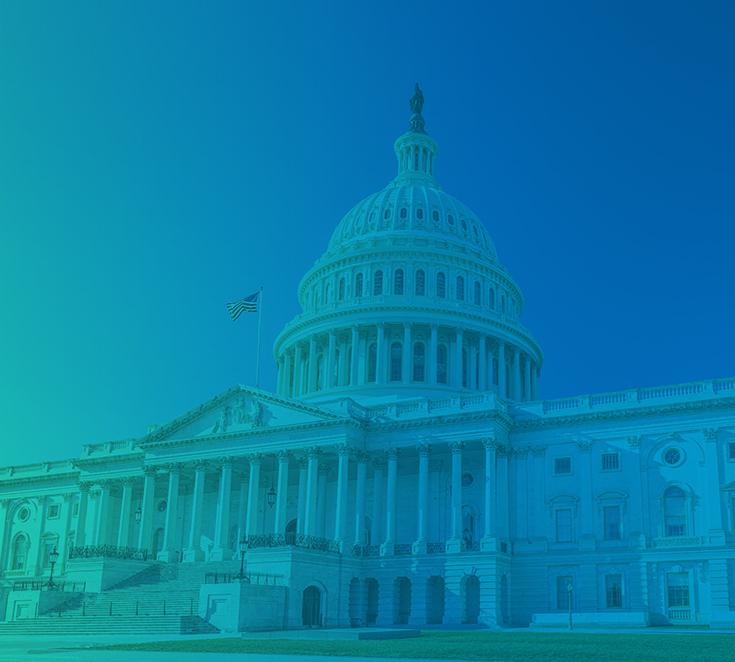AGENCY:
The Office of the Comptroller of the Currency; the Board of Governors of the Federal Reserve System; and the Federal Deposit Insurance Corporation.
ACTION:
Joint notice of proposed rulemaking.
SUMMARY:
The Office of the Comptroller of the Currency, Board of Governors of the Federal Reserve System, and Federal Deposit Insurance Corporation are inviting public comment on a proposal to implement section 402 of the Economic Growth, Regulatory Relief, and Consumer Protection Act. Section 402 directs these agencies to amend the supplementary leverage ratio of the regulatory capital rule to exclude certain funds of banking organizations deposited with central banks if the banking organization is predominantly engaged in custody, safekeeping, and asset servicing activities.
DATES:
Comments should be received on or before July 1, 2019.
ADDRESSES:
Comments should be directed to:
OCC: You may submit comments to the OCC by any of the methods set forth below. Commenters are encouraged to submit comments through the Federal eRulemaking Portal or email, if possible. Please use the title “Regulatory Capital Rule: Revisions to the Supplementary Leverage Ratio to Exclude Certain Central Bank Deposits of Banking Organizations Predominantly Engaged in Custody, Safekeeping and Asset Servicing Activities” to facilitate the organization and distribution of the comments. You may submit comments by any of the following methods:
- Federal eRulemaking Portal—“Regulations.gov”: Go to www.regulations.gov. Enter “Docket ID OCC-2019-0001” in the Search Box and click “Search.” Click on “Comment Now” to submit public comments.
- Click on the “Help” tab on the Regulations.gov home page to get information on using Regulations.gov, including instructions for submitting public comments.
- Email: regs.comments@occ.treas.gov.
- Mail: Legislative and Regulatory Activities Division, Office of the Comptroller of the Currency, 400 7th Street SW, Suite 3E-218, Washington, DC 20219.
- Hand Delivery/Courier: 400 7th Street SW, Suite 3E-218, Washington, DC 20219.
Instructions: You must include “OCC” as the agency name and “Docket ID OCC-2019-0001” in your comment. In general, the OCC will enter all comments received into the docket and publish the comments on the Regulations.govwebsite without change, including any business or personal information that you provide such as name and address information, email addresses, or phone numbers. Comments received, including attachments and other supporting materials, are part of the public record and subject to public disclosure. Do not include any information in your comment or supporting materials that you consider confidential or inappropriate for public disclosure.
You may review comments and other related materials that pertain to this rulemaking action by any of the following methods:
- Viewing Comments Electronically: Go to www.regulations.gov. Enter “Docket ID OCC-2019-0001” in the Search box and click “Search.” Click on “Open Docket Folder” on the right side of the screen. Comments and supporting materials can be viewed and filtered by clicking on “View all documents and comments in this docket” and then using the filtering tools on the left side of the screen.
- Click on the “Help” tab on the Regulations.gov home page to get information on using Regulations.gov. The docket may be viewed after the close of the comment period in the same manner as during the comment period.
- Viewing Comments Personally: You may personally inspect comments at the OCC, 400 7th Street SW, Washington,Start Printed Page 18176DC 20219. For security reasons, the OCC requires that visitors make an appointment to inspect comments. You may do so by calling (202) 649-6700 or, for persons who are deaf or hearing impaired, TTY, (202) 649-5597. Upon arrival, visitors will be required to present valid government-issued photo identification and submit to security screening in order to inspect comments.
Board: You may submit comments, identified by Docket No. R-1659; RIN 7100-AF 46, by any of the following methods:
FDIC: You may submit comments, identified by RIN 3064-AE81, by any of the following methods:
- Agency Website: http://www.fdic.gov/regulations/laws/federal. Follow instructions for submitting comments on the Agency website.
- Email: Comments@FDIC.gov. Include “RIN 3064-AE81” on the subject line of the message.
- Mail: Robert E. Feldman, Executive Secretary, Attention: Comments/RIN 3064-AE81, Federal Deposit Insurance Corporation, 550 17th Street NW, Washington, DC 20429.
- Hand Delivery/Courier: Comments may be hand delivered to the guard station at the rear of the 550 17th Street Building (located on F Street) on business days between 7 a.m. and 5 p.m. All comments received must include the agency name (FDIC) and RIN 3064-AE81 and will be posted without change to http://www.fdic.gov/regulations/laws/federal,including any personal information provided.
FOR FURTHER INFORMATION CONTACT:
OCC: Venus Fan, Risk Expert, or Guowei Zhang, Risk Expert, Capital and Regulatory Policy, (202) 649-6370; or Patricia Dalton, Technical Expert for Credit and Market Risk, Asset Management, (202) 649-6401; or Rima Kundnani, Attorney, or Christopher Rafferty, Attorney, Chief Counsel's Office, (202) 649-5490; the Office of the Comptroller of the Currency, 400 7th Street SW, Washington, DC 20219.
Board: Constance M. Horsley, Deputy Associate Director, (202) 452-5239; Elizabeth MacDonald, Manager, (202) 475-6316; Mark Handzlik, Lead Financial Institution Policy Analyst, (202) 475-6636; or Noah Cuttler, Senior Financial Institution Policy Analyst I, (202) 912-4678; Division of Supervision and Regulation; or Benjamin W. McDonough, Assistant General Counsel, (202) 452-2036; Mark Buresh, Counsel, (202) 452-5270; Mary Watkins, Senior Attorney, (202) 452-3722; Legal Division, Board of Governors of the Federal Reserve System, 20th and C Streets NW, Washington, DC 20551. For the hearing impaired only, Telecommunication Device for the Deaf, (202) 263-4869.
FDIC: Benedetto Bosco, Chief, Capital Policy Section, bbosco@fdic.gov; Michael Maloney, Senior Policy Analyst, mmaloney@fdic.gov; Dushan Gorechan, Financial Analyst, dgorechan@fdic.gov; Keith Bergstresser, Capital Markets Policy Analyst, kbergstresser@fdic.gov; or regulatorycapital@fdic.gov; Capital Markets Branch, Division of Risk Management Supervision, (202) 898-6888; Michael Phillips, Counsel, mphillips@fdic.gov; Catherine Wood, Acting Supervisory Counsel, cawood@fdic.gov; or Alexander Bonander, Attorney, abonander@fdic.gov; Supervision Branch, Legal Division, Federal Deposit Insurance Corporation, 550 17th Street NW, Washington, DC 20429.
[For complete details, see the Joint Notice of Proposed Rulemaking]




